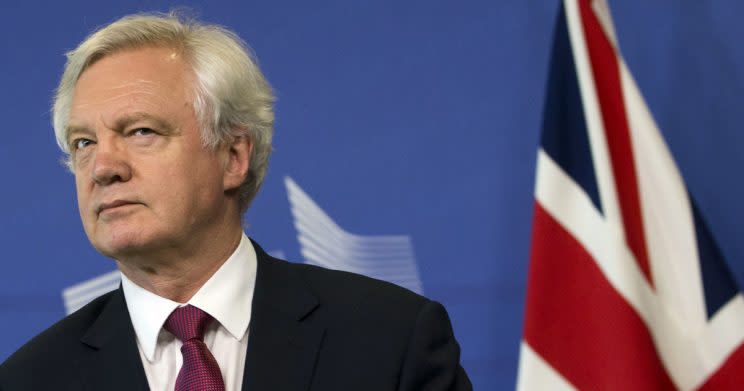Britain is 'laughing stock of Europe' says Swiss newspaper

A Swiss newspaper has slammed the “extraordinarily bad decision” to leave the European Union, noting: “If it weren’t so serious, the situation in Great Britain would almost be comical.”
Der Bund, a German-language newspaper based in Bern, called Britain the “laughing stock of Europe” in a brutal editorial, which attacked the internal politics of the Conservative party.
Borrowing a phrase from the UK press, it dubbed Theresa May “Maybot” and criticised her response to Grenfell fire, where she initially failed to meet survivors.
It added that she is “an unrealistic politician whose days are numbered”.
The comment piece came as David Davis, the Brexit secretary, led talks in Brussels today, despite the government having not finalised the DUP deal it needs for a working majority.
Der Bund said that the “ones who will suffer most will be the British people, who were lied to by the Brexit campaign during the referendum and betrayed and treated like idiots by elements of their press.”
MORE: Who are the winners and losers in Theresa May’s cabinet reshuffle?
MORE: Theresa May’s former press chief hits out at prime minister’s ‘destructive and arrogant’ advisers
It warned that by leaving its most important trading partner, Britain will be left weaker in every respect.
The editorial said Britain saw itself as “universally respected actor on the international stage” just a few years ago, but has fallen spectacularly from grace.
“Negotiations for the country’s exit from the EU are due to begin on Monday, but no one has even a hint of a plan,” the newspaper said.
“The government is dependent on a small party that provides a cozy home for climate change deniers and creationists. Boris Johnson is Foreign Secretary. What in the world has happened to this country?”
It notes that the referendum and decision to vote Brexit took the country from a “comfortable position to the chaos of the present in the shortest possible time”.
The article concludes: “After the loss of its empire, the United Kingdom sought a new place in the world. It finally found it, as a strong, awkward and influential part of a larger union: the EU.
“Now it has given up this place quite needlessly. The consequence, as is now becoming clear, is a veritable identity crisis from which it will take the country a very long time to recover.

 Yahoo News
Yahoo News 

